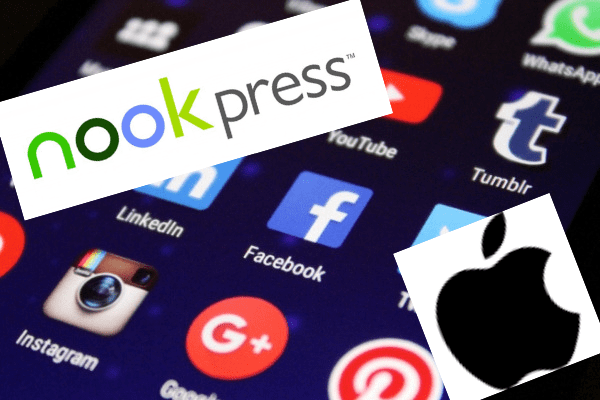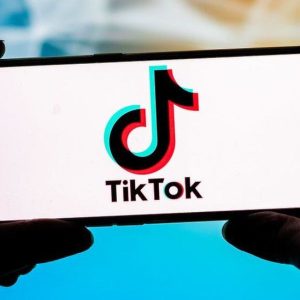Gatekeepers. In the world of books, this word evokes strong emotions from both self and traditionally published authors. In the past, there were many gatekeepers — publishers, agents, editors, critics and bookstore owners. All still exist, but can be bypassed now that self-publishing is mainstream and online retailers, unconstrained by limited shelf space, can and will sell everything that is submitted to them.
This tectonic shift has changed the publishing landscape dramatically. Depending on your perspective, this new world can be viewed as either liberated, destroyed or a bit of both. In the end, it doesn’t really matter. To navigate this new terrain, we must redraw the maps. Social proof will be prominent as new legends are created. Why? Because no matter your feelings about gatekeepers, they conveyed social proof to those who made it through the gates. Readers knew that if you were published and your book was in a store, you’d been vetted. You were legit. That’s not necessarily so today.
Social proof has immense value. It gives readers permission to take a risk, to invest their time and money in you and your work. Human psychology hasn’t changed just because traditional gatekeepers don’t wield as much power. The reality is, even though you might not need gatekeepers, you still need social proof. Now, though, instead of having it bestowed upon you, you’re going to have to earn it in the vast marketplace of ideas. Today, social proof is crowdsourced. Readers, followers, fans, book bloggers and anyone who gives you or your work a thumbs up, all contribute to your social proof. You can’t build your platform, engage a community or find your tribe without it.
For all of these reasons, acquiring social proof should be your number one goal as a new author. Here are some ideas to help you:
Show up. You can’t gain social proof without being part of the conversation. It takes time, discipline and the ability to get past those awkward moments that are bound to occur until people get to know you. It means being engaged with readers and writers across multiple venues both online through social media and in the real world.
Shift your mindset. We’ve said it before and we’ll say it again (see our 1/10/12 post), when you’re promoting your work, think like a reader, not a writer. You’ll be amazed how this changes your approach and your reception among readers.
Shine light on your talent. If you have confidence in your writing, others will too. Share excerpts and original shorts frequently and generously. Offer free chapter samples on your website. Blog as an artist. Show off your talent and imagination there. Promotion is more enjoyable and effective when it’s part of the creative process.
Shirk selling. You can’t earn social proof by shouting, “Buy my book!” Instead, share your why, your knowledge and the best of yourself. Facilitate discovery of your work and your unique journey as a writer. This approach is much more compelling than a sales pitch. (See our 12/15/11 blog post for more.)




